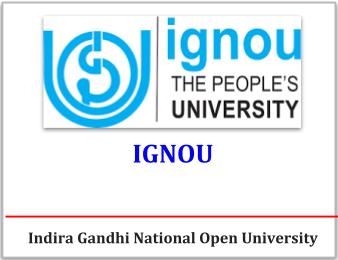(HOT) UPSC Current Affairs 2025 PDF
NEW! The Gist (NOV-2025) | E-BOOKS
IGNOU HISTORY NOTES : History Of China and Japan (1840-1949) - Modernization in Japan -2

IGNOU HISTORY Study Notes for IAS, UPSC Exams
History Of China and Japan (1840-1949)
Modernization in Japan -2
Structure
11.0 Objectives
11.1 Introduction
11.2 Japan and the Western World
11.2.1 The Tokugawa Period
11.2.2 The Meiji Period
11.2.3 Role of Intellectuals
11.3 Education and Development
11.3.1 Initial Efforts
11.3.2 Reforms Under the Cabinet
11.4 Conservatives and the Educational Reforms
11.4.1 The Imperial Rescript
11.4.2 The Conservative Arguments
11.4.3 Conservative's Impact
11.4.4 The Socialist Views
11.4.5 ,Pan-As~anism
11.5 Let Us Sum Up
11.6 Key Words
11.7 Answers To Check Your Progress Exercises
11.0 OBJECTIVES
After reading this Unit you will be able to :
- know about the quest and efforts of some of the Japanese intellectuals about the Western ideas,
- learn how Western ideas came to Japan and the reactions of conservatives towards them,
- familiarise yourself with the processes through which the Western ideas were utilised for Japan's development into a modern nation-state, and
- understand the various reform measures adopted in the field of education.
11.1 INTRODUCTION
This Unit discusses the modernization process in the field of ideas and ideologies
in Japan. The transformation of Meiji Japan involved not only the creation of
new political and economic institutions to create a centralized state. Also, the people
of Japan had to come to terms with the new ideas which entered from Western
nations. The ideas, which covered a wide range of positions, came from a
number of countries - principally England, France, Germany and the United
States. The Unit takes into account how the Meiji intellectuals understood and
used these new ideas as well as the counter reaction these Western ideas
provoked. During this period there emerged an influential and important trend
i.e. the return. to native sources for organizing Japanese 'life.
The debates related to the need and degree of westernization necessary for a
modern society were also reflected in the educational system and the
experiments which were carried out to reform and transform it to serve new
needs.
Along with the educational system, many of the Meiji intellectuals and leaders
were concerned with creating a sense of citizenship among the people. The Unit
also deals with. this aspect.
Click here to download full Chapter
Courtesy: eGyanKosh


